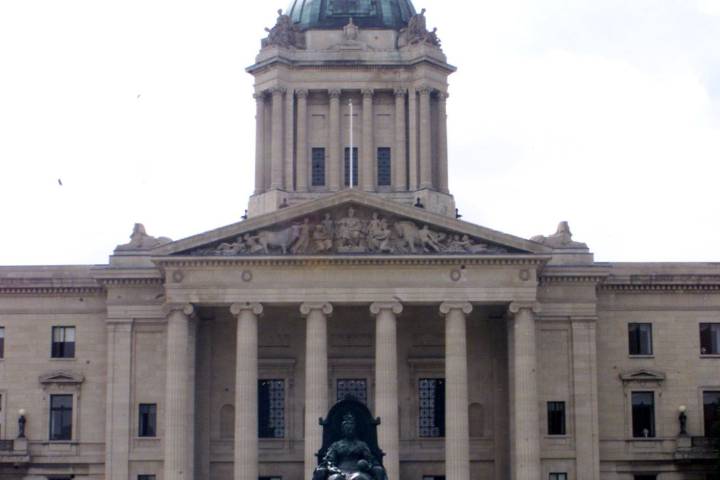The Manitoba government will benefit from the biggest jump in federal equalization payments in a decade, but says it’s still keeping an eye on spending controls that include a review of a major tax credit for the film industry.

Documents from the federal government show Manitoba is set to receive more than $2 billion in equalization payments in the fiscal year that starts in March, up 11 per cent – or $217 million – from the current year.
The reason, according to the federal Finance Department, is a stronger economic picture in Ontario. “Ontario’s fiscal capacity has improved relative to that of the other equalization-receiving provinces, including Manitoba,” deputy spokesperson Jocelyn Sweet wrote in an email.
Equalization is designed to help poorer provincial governments provide public services that are reasonably comparable to richer ones. It is entirely federally funded and based on a complex formula that measures the fiscal capacity of each province. Six provinces currently receive money under the program.
Manitoba Finance Minister Cameron Friesen said the extra cash is welcome, but the province is dealing with lower-than-expected income taxes this year and is still working to cut a deficit of $779 million.

Get breaking National news
“Does this solve all our problems? Absolutely not, many challenges ahead. But it is some revenue for certain this year,” Friesen said in an interview.
As part of its promise to balance the budget, the government hired auditing firm KPMG to conduct a wide-ranging review of government spending and operations. The report, released last year, said the province’s Film and Video Tax Credit should be reduced.
The credit provides either 45 per cent of a project’s labour costs or 30 per cent of production costs in Manitoba, along with certain bonuses. The KPMG report said the credit is the most generous among the provinces, and Manitoba should consider reducing it to a level even with other western provinces.
Friesen said he would not reveal his plans in advance of next month’s budget, but said he wants to strike a balance between recognizing the value of the film and television industry and getting a return on investment for taxpayers.
“We certainly see the tremendous value that the film and video industry has in Manitoba, not just for filming now … but also for the post-production work, for the expertise we’re building here in Manitoba,” Friesen said. “We have said that we’re a government that takes a view that there must be a return on investment. There must be a value-for-money principle in play here.”
Film and video production in recent years has produced the equivalent of 680 to 920 direct full-time jobs in Manitoba, according to a 2016 industry report by the Canadian Media Producers Association.
The tax credit has cost the province $15 million to $24 million annually in recent years, according to a review of the industry last year by On Screen Manitoba, a provincial association. The money given out by the province exceeded the money it recouped through higher income taxes and other sources in four of the preceding five years, the association’s report said.







Comments